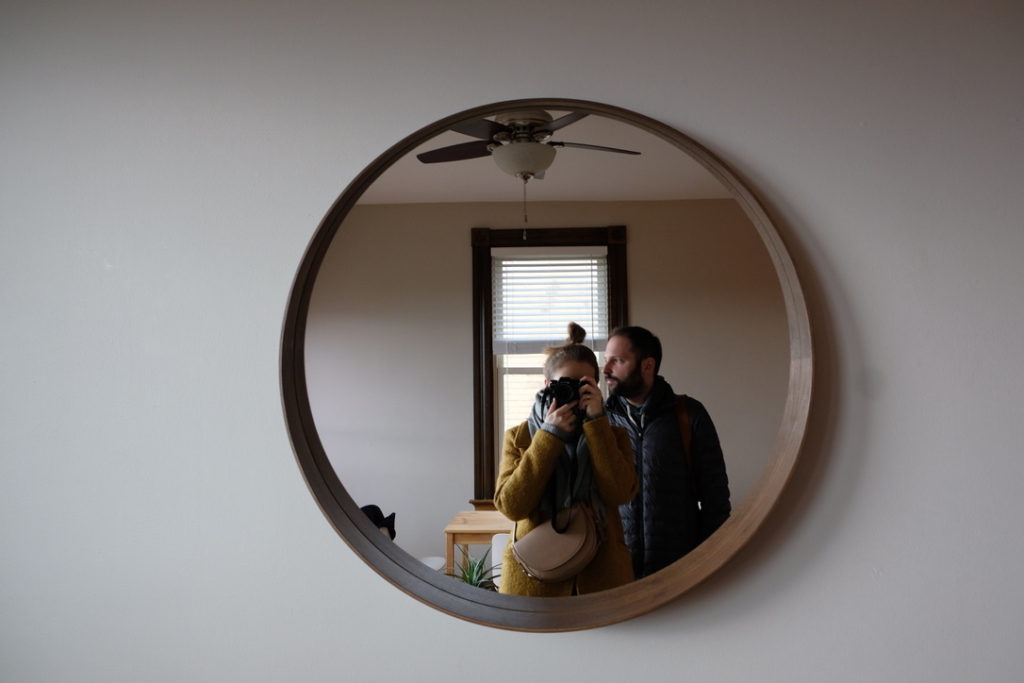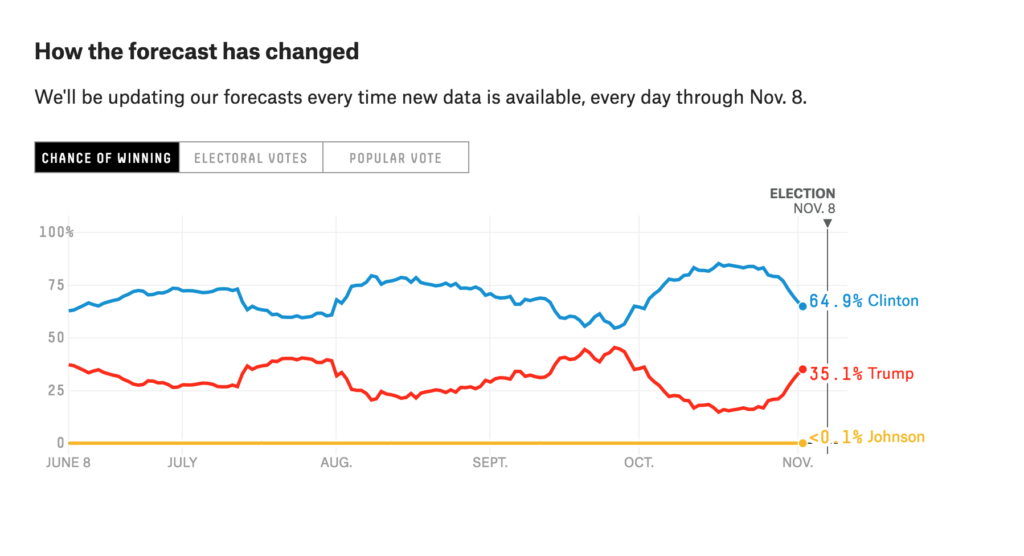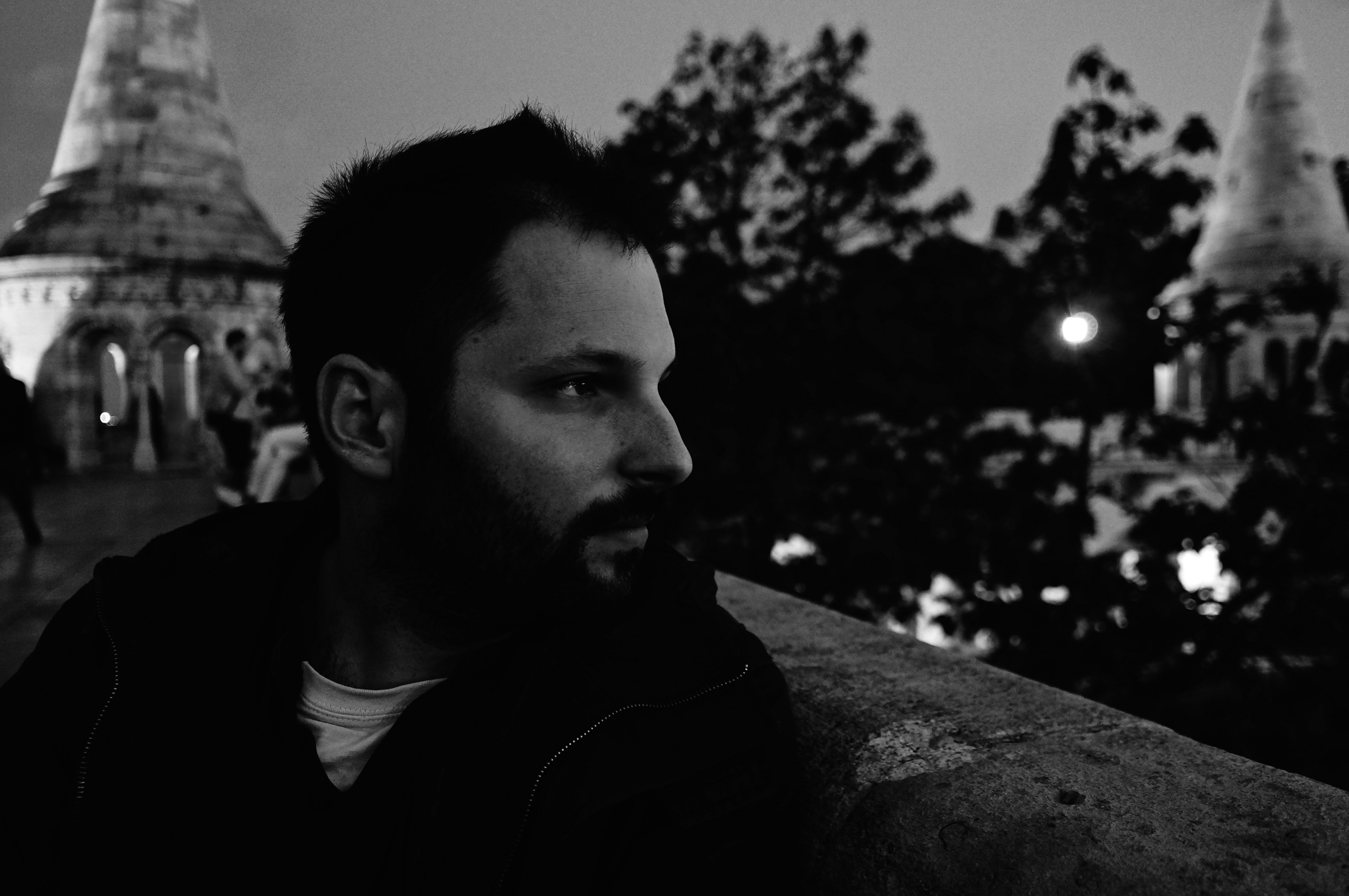The universe of Trump supporters, and us.

After yesterday’s intrusion on the US capitol, I scrolled through various social media feeds and saw numerous reactions similar in nature to those of the past years… except much more amplified. I once saw a survey that suggested 80% of Trump supporters and Biden supporters claimed they lack meaningful contact with anyone from the other side. I’m borderline in this 80%, but I try my very best to maintain some level of connection.
Amplified reactions. On one side: “deplorables, nazis, terrorists”. On the other: “socialists, marxists, satanists”. I saw posts asking those on the other side to “delete me or block me.”
Okay let’s take a breather. We don’t have 74 million Nazis in America. We also don’t have 81 million Marxists.
One of my most influential teachers gave me “Thank You For Arguing” by Jay Heinrichs. There are a few lessons I remember. They seem obvious, but we regularly seem to forget or ignore them. I think an example in the book is a police officer pulling you over for some driving offense which you either did not commit, or you feel is an overreaction. You can yell at the police officer, and call him/her a nazi or a marxist, but that won’t get you very far. The moral of the anecdote is to keep your goals and the environment in mind when assessing your actions: make sure your behavior helps you obtain your goals or make progress.
Many argue for zero tolerance towards Trump supporters, suggesting what has happened is beyond forgivable. There’s allusions to the nazi-regime and rhetorical questions of would I really be trying to empathize with Nazis? So as a jewish descendent: I would be terrified and furious, but yes, given the chance, to some level, I probably would try to empathize. As now, I’d seperate the people (masses) from individual culprits (individuals), and from policy (actions).
I see two manners in which to change the world for the better, at least on a social- and societal-level. The first path is to encourage those already within our universe of truths and beliefs, but apathetic, to be active, and to realize the unacceptable nature of the status quo. For path #1 the types of hyperbolic statements people share can on occasion be helpful, awakening the more stoic. Eventually, though, these hyperboles can also be counter productive. The boy who cried wolf will cause a sense of numbness. These hyperbolic statements can actually help normalize actions that are slightly less outrageous.
Okay, storming the capitol is an attack against America, but we list other events as examples of attacks against America too: the events in the Muller report, the proud boys protests, voter suppression techniques. I personally believe they are all attacks on America, but I recognize that in a parallel universe these are: a deep-state conspiracy against Trump, good-christians standing up to protect our values from outsiders telling us how to live our lives, and a remedy to limit rampant voter fraud. As for the attack on the capitol? if you “know as a fact” the election was stolen, “know as a fact” oligarchs changed the votes, wouldn’t the attack all of a sudden seem more of a patriotic rebellion?
We also tend to focus on the people instead of the policy. Just think back to 7th grade english, where they reviewed why the passive voice is important… I caution on the nuances of our rhetoric. Every time we label an act from the other side with strong labels like Terrorists or an Attack on America, we are simultaneously alienating the masses involved, and all those who sympathize with these individuals (even if they might not sympathize with the acts). Maybe focus more on actions (policies, passive actions, or individual actions) and not on masses committing acts (which inherently alienate you against not only the participants, but even those who sympathize with the participants but not necessarily the action of the participants).
You can continue with path #1 in more fruitful ways than hyperboles. This is what, in my opinion, Stacy Abrams and the grassroots organizations in Georgia have been doing—connecting with apathetic voters, listening to their problems, mobilizing, and tactfully and gracefully raising attention to the damage that a subgroup of Trump supporters, and more importantly Trump backed actions are doing to our country. This behavior I find has far fewer negative consequences, but has many of the added benefits of the hyperbolic panic attacks many of us have.
There is path #2. This option is to try to understand the other side, and try to move some people on the fringes of the other side over to your side. To be 100% fair this also means trying to move your side to addressing the pain points of those on the fringes of the other side. Michael Moore sometimes tries this approach. He is addressing the pain points of Trump voters in his books and documentaries. He holds monologues where he presents their perspective from their point of view.
For option #2, Like Michael Moore has through Flint, you need to have contact with the opposing faction, you need to speak their language, and you need to understand their pain points. In the 1930s and ’40s this would mean understanding the root cause of the frustrations: for example losing the world war, being punished by the global community right after your homes and factories are bombed, your nation’s land being taken away by foreign countries, your killed relatives then being blamed for the war and carnage. None of this justifies the horrors of the Nazi period, but if you do not understand the cause, you cannot address and dismantle the problem. If you know how to communicate with just 1% of those in a parallel universe, move them towards your universe, you are already much more helpful than those chasing their own tails, yelling “foul play” to others in their circle chasing their tails.
I believe both path #1 and path #2 are legitimate means to support your cause, but what I find extremely damaging is just spreading passionate hyperboles blankly attacking the other side, and actively burning any remaining bridges that exist between what is clearly two parallel universes. This is equivalent to yelling at the police officer that you did not in fact cross a red light. Burning our bridges, in aggregate, is likely causing more damage than yesterday’s attack on the capitol. In effect these people are not only chasing their own tails, but to take the analogy further, in the process they are chasing away the few cats left in the garden who would be willing to listen to those pursuing path #2 and willing to talk…
I do not claim we should not call the attack on the capitol a riot or a mob attack. I am saying we should not universally call Trump supporters terrorists for continuing to support him after this riot. I do not claim we should not be outraged that taking children away from their immigrant parents is deplorable. Nor do I say that attacking individual representatives as deplorable for their actions is damaging. I claim calling nearly half of the voters out there deplorable is damaging. Separate the action and the individuals from the masses. When possible attack actions. If necessary single out individuals without attacking masses.
I am furious with the GOP. I sometimes want to throw inanimate objects at my television or computer. Still, I urge everyone to consider what they are trying to achieve. If the goal is to have a punching bag to release anger on, along with others who feel exactly the same way as you do—hooray, continue yelling and screaming negative slurs at the entirety of the other side. Sometimes even I do this, but I make sure it’s in a relatively closed setting… But if you want to change the world, choose path #1 or path #2, or find another path that is productive in some way.

